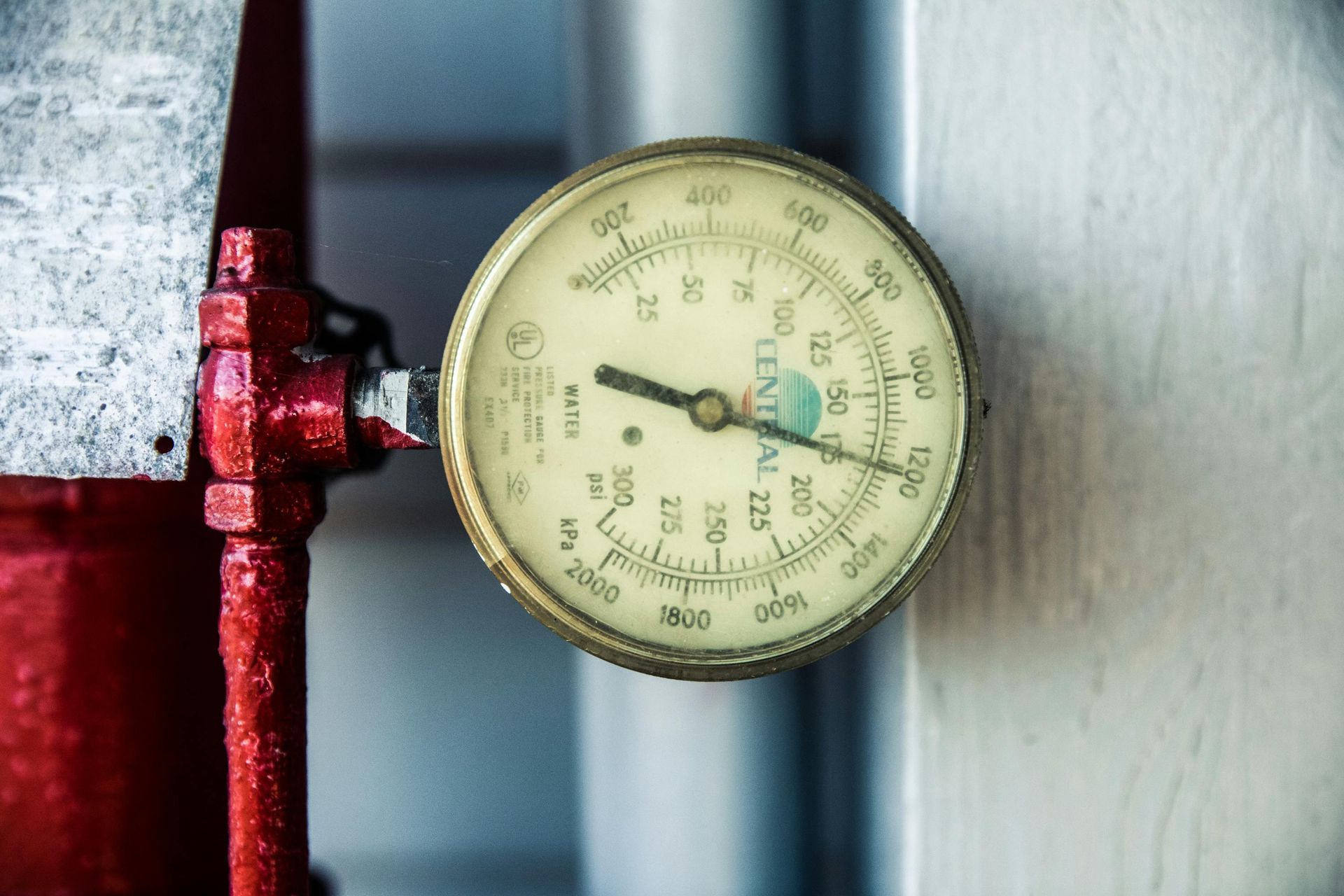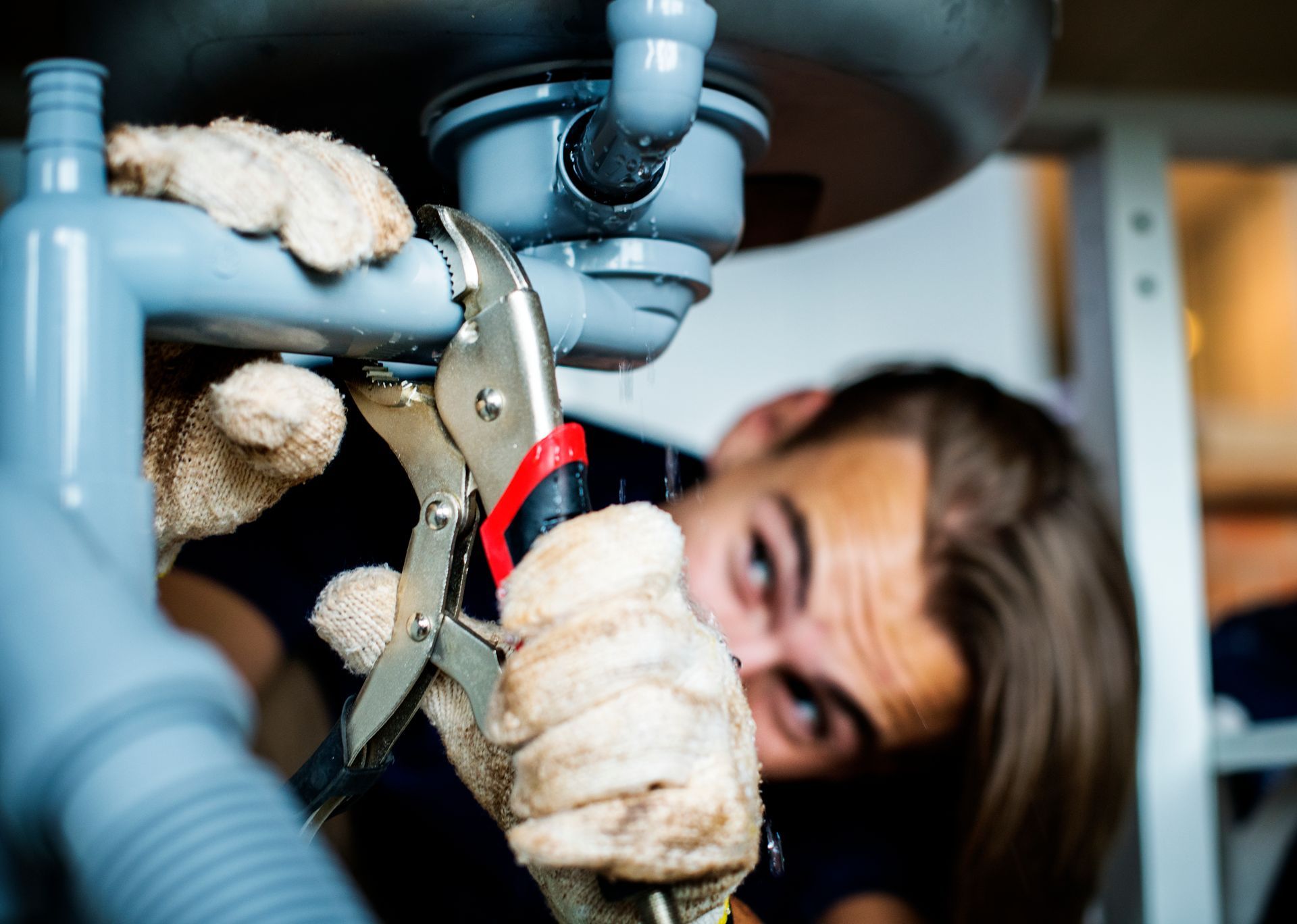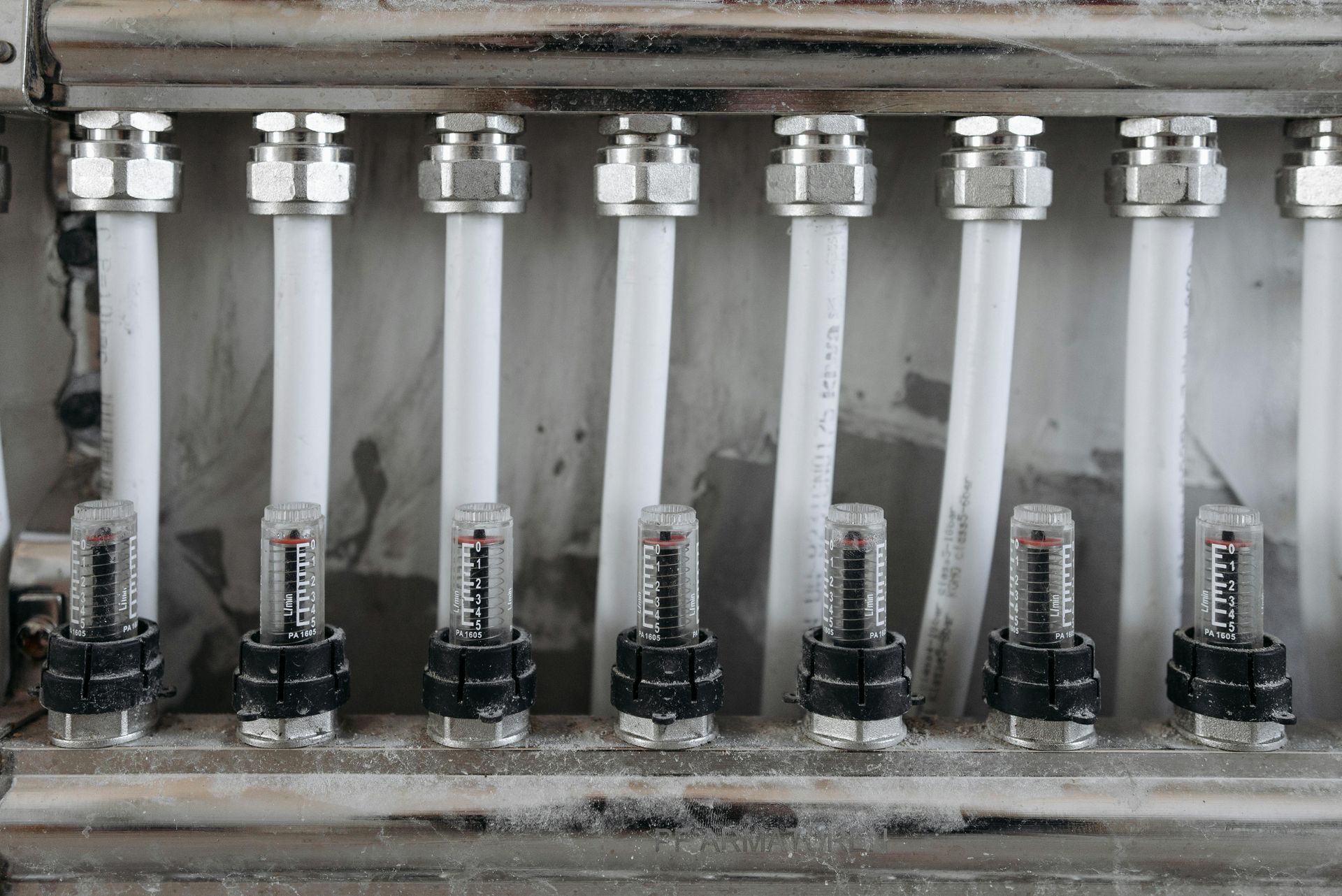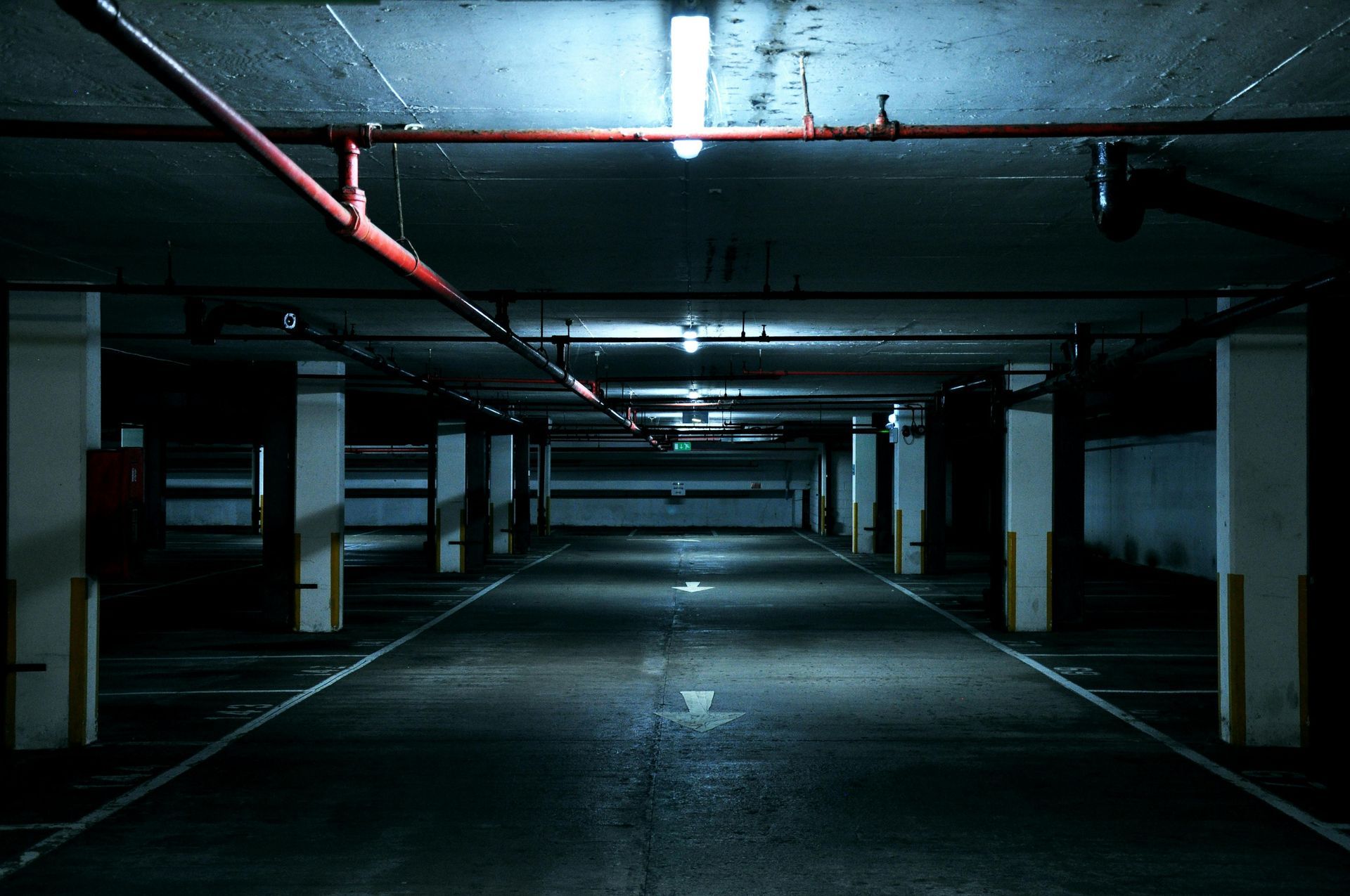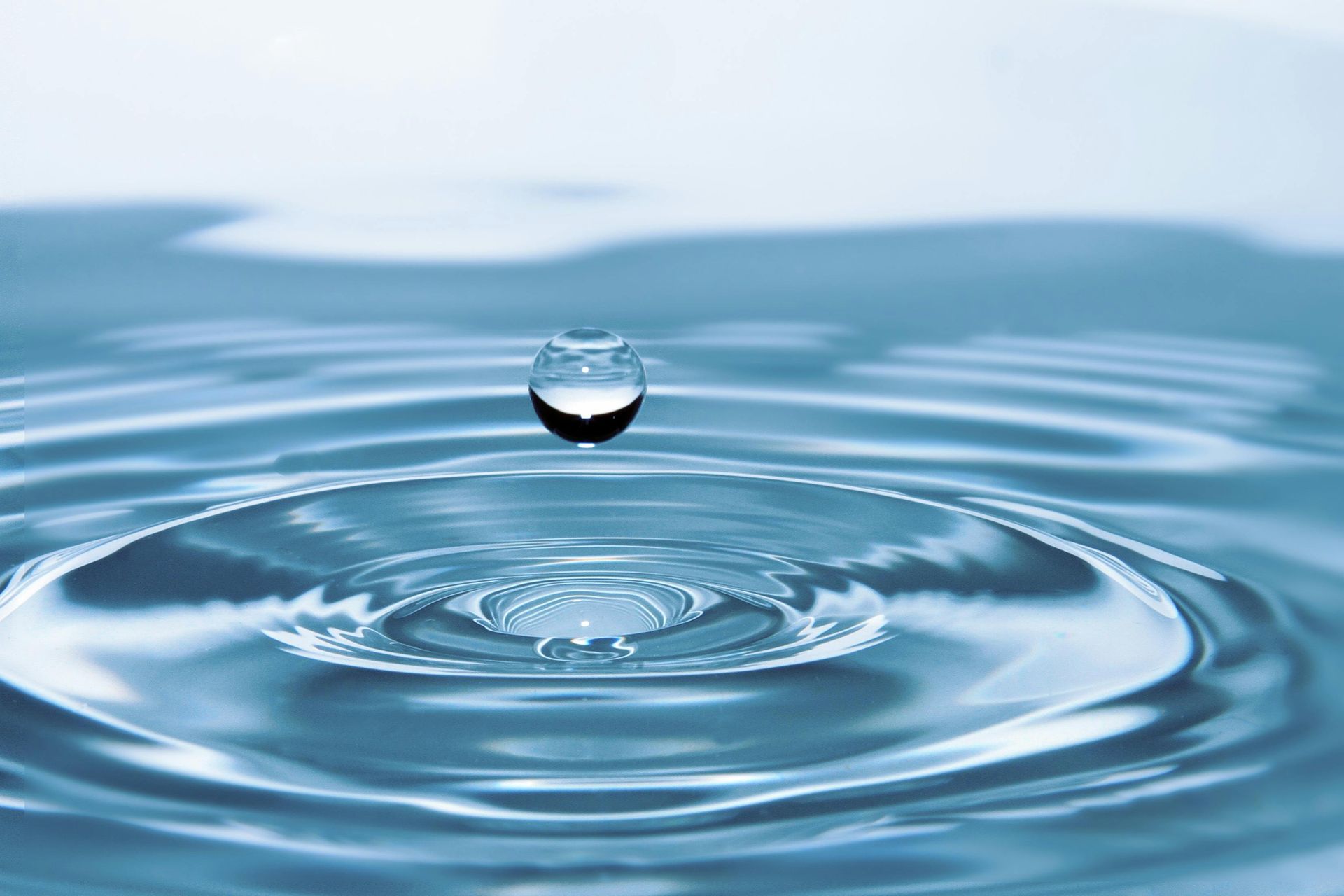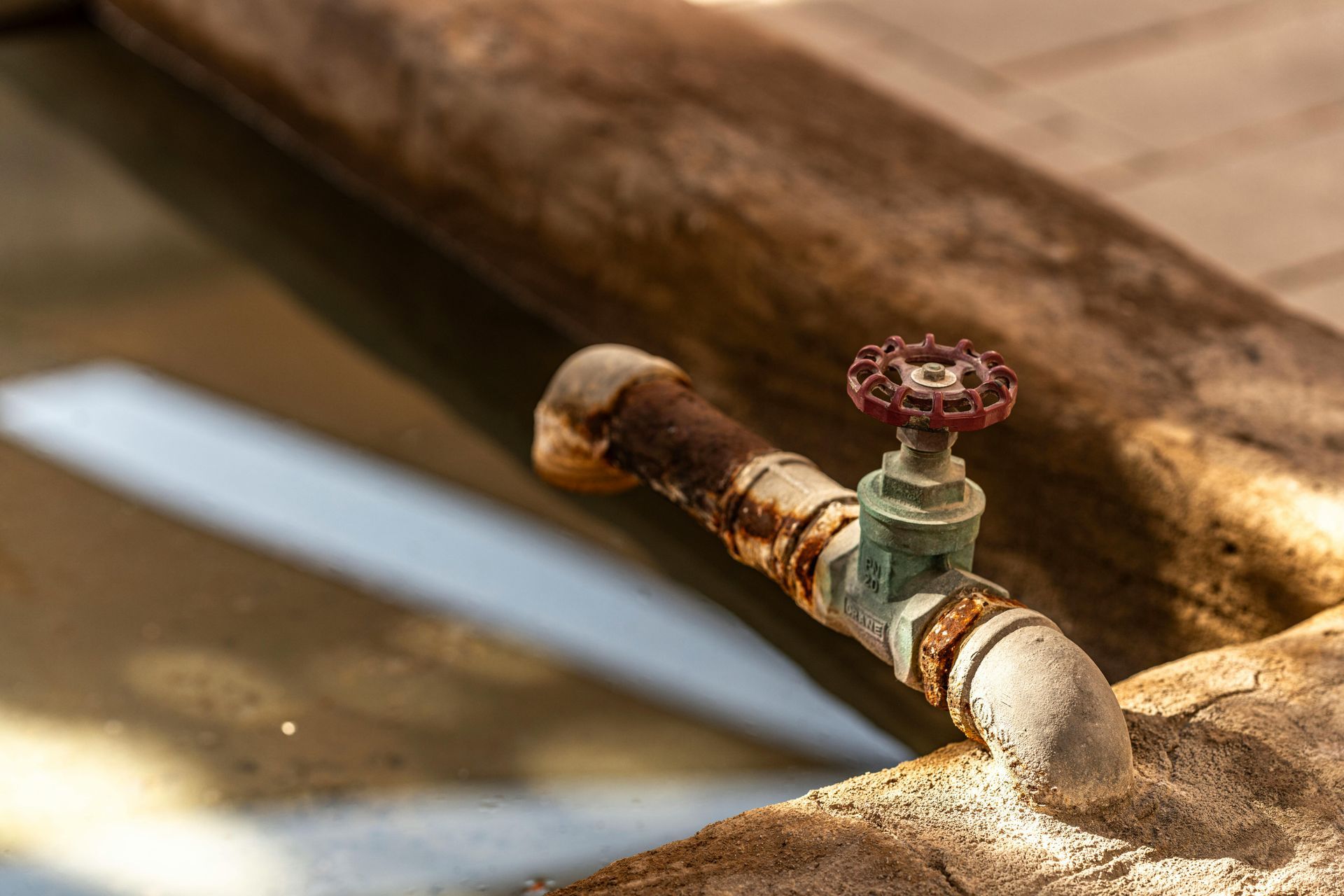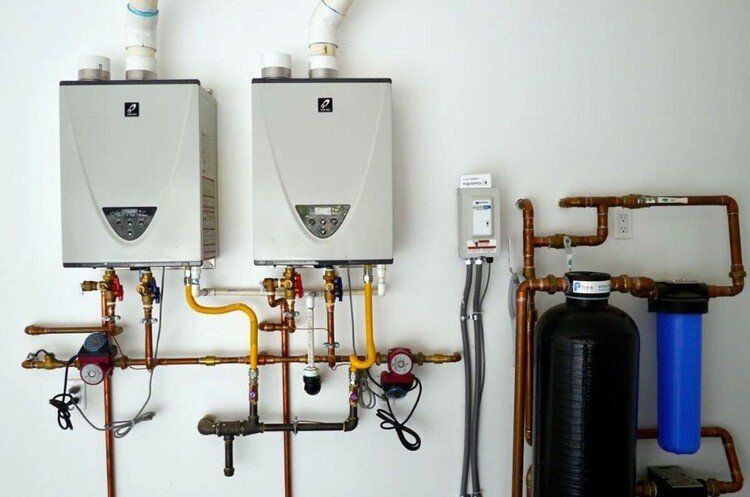Choosing the Right Water Heater for Energy Efficiency
Selecting the right water heater is crucial for maximizing energy efficiency and reducing utility costs in any household. With various types and technologies available, making an informed decision requires understanding the options, their benefits, and how they align with your home's specific needs. This comprehensive guide explores key considerations, the pros and cons of different water heater types, and practical tips to enhance energy savings, including insights from trusted professionals such as All City Plumbers.
Understanding Water Heater Types
Water heaters broadly come in two main categories: storage tank and tankless (on-demand) models. Storage tank water heaters keep a reservoir of hot water ready for use, while tankless heaters heat water only when needed.
Storage tank models are typically less expensive to install but may consume more energy due to standby heat loss as water is kept warm constantly. Conversely, tankless water heaters provide hot water on demand, resulting in potentially significant energy savings by minimizing idle heating, although they may require a higher initial investment.
Other options include solar water heaters that utilize renewable energy, and heat pump water heaters which extract heat from the surrounding air to heat water efficiently.
Energy Efficiency Considerations
When choosing a water heater, evaluating its energy efficiency rating is vital. Energy Factor (EF) and Uniform Energy Factor (UEF) are standard measures indicating how effectively a water heater converts energy into heated water. Higher ratings correspond to better efficiency.
Additionally, insulation quality, recovery rate (the speed at which a heater heats incoming cold water), and capacity impact overall energy use. Selecting a heater that matches your household’s hot water demand avoids unnecessary energy expenditure from overheating or frequent reheating.
Installation and Maintenance Impact
Proper installation significantly influences water heater efficiency and longevity. Poor installation can lead to heat loss, leaks, or safety issues. Professionals like All City Plumbers ensure compliance with local codes and optimal positioning to enhance performance.
Regular maintenance—including flushing tanks to remove sediment and inspecting components—also preserves efficiency. While maintenance focuses on the heater itself, minding connected plumbing elements is critical; for example, ensuring flow in drains supports system efficiency. Techniques such as how to prevent and fix toilet paper clogs effectively contribute by maintaining unobstructed drainage linked to water heater outlets.
Environmental and Cost Implications
Investing in a high-efficiency water heater often results in lower monthly energy bills and decreased environmental impact due to reduced fossil fuel consumption. Rebates and incentives may be available for upgrading to Energy Star-rated models or renewable energy options, offsetting initial costs.
Balancing upfront investment with long-term savings involves analyzing fuel costs—electricity, gas, or solar—and usage patterns. Consulting with experts can help tailor choices to your budget and ecological goals.
Final Recommendations
Selecting an energy-efficient water heater involves assessing your household’s size, hot water needs, fuel availability, and willingness to invest upfront for savings later. Tankless heaters suit smaller or variable demand settings, while traditional tank heaters can be efficient when properly sized and maintained.
Engaging experienced professionals such as All City Plumbers facilitates selection, installation, and aftercare, ensuring optimal energy performance and regulatory adherence.
By combining careful product choice, expert installation, and proactive maintenance, homeowners can achieve comfort, savings, and sustainability in their hot water supply systems.

